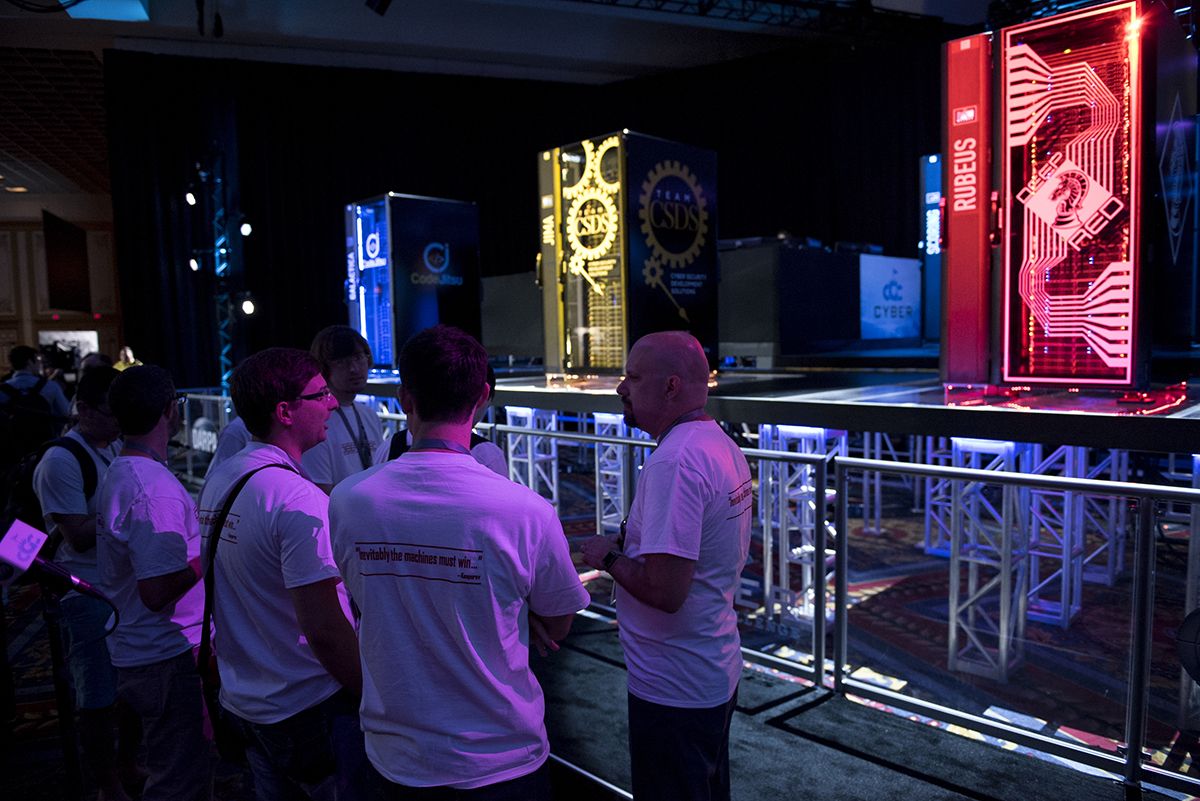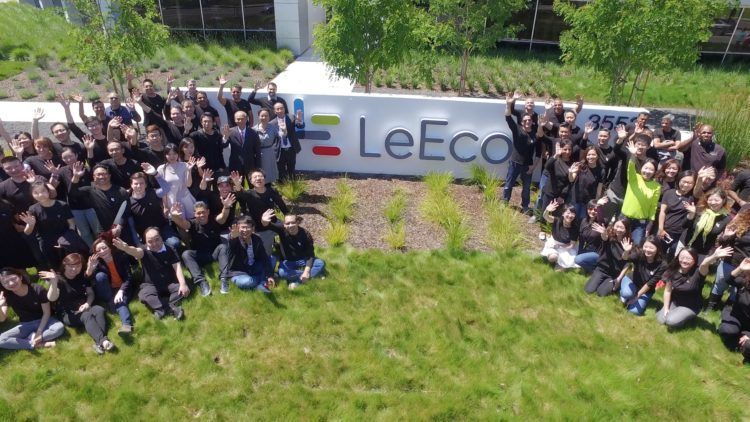Page 10982
Aug 9, 2016
Future of sport, technology, genetics and business
Posted by Karen Hurst in categories: biotech/medical, business, genetics
Now, there is a question that must be asked when it comes to atheletes and CRISPR. As we have seen over the years with doping/ atheletic enhancing drugs, etc. how will we know for sure that an athelete from China, Russia, or even US was not enhanced as an embryo with CRISPR to be a superior athelete? Sure we can claim to set up a world wide database; however, in lile all things done before not everyone plays by the rules.
The future of sport, and how technology and genetics may change it, and the lesson for business.
Aug 9, 2016
Laser-firing chip signals huge leap for quantum computing
Posted by Karen Hurst in categories: computing, quantum physics
Although I shared this news yesterday, this article provide some added details.
Efforts towards realising a practical quantum computer have been given a huge boost after a team of researchers made successful advances in qubit miniaturisation.
Qubits or quantum bits are the basic building blocks behind quantum computing and hold the capacity to process enormous computational tasks in real-time. However, working out how to miniaturise the technology remains a huge obstacle to quantum computer development.
Continue reading “Laser-firing chip signals huge leap for quantum computing” »
Aug 9, 2016
DARPA competition sees dawn of autonomous IoT hacking
Posted by Karen Hurst in categories: cybercrime/malcode, internet, military, quantum physics, robotics/AI
Glad folks realizes and admit to the risks; however, I stand by my argument until the underpinning technology is still tied to dated digital technology; it will be hacked by folks like China who are planning to be on a new Quantum network and platforms. Reason why all countries must never lose sight of replacing their infrastructure and the net with Quantum technology.
A team of researchers from Pittsburgh has won DARPA’s Cyber Grand Challenge – a competition billed as the ‘world’s first automated network defense tournament.’ The implications for the Internet of Things (IoT) are grave, as the machines on display threaten to ravage the already flaky state of IoT security.
DARPA, the Department of Defense’s (DoD) Defense Advanced Research Projects Agency, is a wing of the US military that investigates how the latest technological breakthroughs can be put to use on the battlefield. With nation-state cybersecurity now declared a new front in conventional warfare, militaries around the world will be flocking to gather the tools needed to exert force in this new medium.
Continue reading “DARPA competition sees dawn of autonomous IoT hacking” »
Aug 9, 2016
Autonomous car development will speed up following a fatality
Posted by Karen Hurst in categories: cybercrime/malcode, robotics/AI, transportation
Many folks have voiced the concerns over autonomous autos for many legitimate reasons including hacking and weak satellite signals for navigation especially when you review mountain ranges of the east coast.
The world has witnessed enormous advances in autonomous passenger vehicle technologies over the last dozen years.
The performance of microprocessors, memory chips and sensors needed for autonomous driving has greatly increased, while the cost of these components has decreased substantially.
Continue reading “Autonomous car development will speed up following a fatality” »
Aug 9, 2016
CRISPR May End the Use of Pesticides
Posted by Karen Hurst in categories: biotech/medical, food
Nice.
This summer, more than a million tons of chardonnay grapes are plumping on manicured vineyards around the world. The grapes make one of the most popular white wines, but their juicy fruit and luscious leaves are also targets for diseases such as downy mildew, a stubborn fungus-like parasite.
Aug 8, 2016
Artificial Intelligence Just Changed the Future of Information Security
Posted by Dan Kummer in categories: computing, robotics/AI, security
LAS VEGAS, Nev. — Mayhem ruled the day when seven AIs clashed here last week — a bot named Mayhem that, along with its competitors, proved that machines can now quickly find many types of security vulnerabilities hiding in vast amounts of code.
Sponsored by the Defense Advanced Research Projects Agency, or DARPA, the first-of-its-kind contest sought to explore how artificial intelligence and automation might help find security and design flaws that bad actors use to penetrate computer networks and steal data.
Mayhem, built by the For All Secure team out of Carnegie Mellon University, so outclassed its competition that it won even though it was inoperable for about half of the contest’s 96 270-second rounds. Mayhem pivoted between two autonomous methods of finding bugs and developing ways to exploit them.
Continue reading “Artificial Intelligence Just Changed the Future of Information Security” »
Aug 8, 2016
Pioneering research in parallel optical interconnect technology for cloud computing
Posted by Karen Hurst in categories: computing, internet, military
New way for IoT and data centers in general to improve energy use, costs, etc.
Arrays based on vertical-cavity surface-emitting lasers offer a high-bandwidth, low-power, and low-cost solution for intra-data centers.

Aug 8, 2016
A new tech giant? Why you need to know about China’s LeEco
Posted by Karen Hurst in category: futurism
China is going to try to own tech and be the SV for the world within the next 7 years. This is definitely in process and many companies in China have been rejecting US tech products for the past several months due to US pressures about the S. China Sea and ramp up efforts to build their own tech companies to take down Apple, Google, Microsoft, etc. They do have the IP to possibly do it.
So, move over FB, Youtube, and Amazon, there is a new streaming media competitor on the horizon coming to online users near you. Lookout the remaining parts of Alphabet (namely Google), Amazon, and Microsoft.
China’s LeEco doesn’t come up much when China’s top tech firms are mentioned. Maybe it should.
Aug 8, 2016
Cancer cell survival without glucose illucidated
Posted by Karen Hurst in categories: biotech/medical, health
The main goal of a tumour cell is, above all, to survive, even at the cost of damaging the health of the organism to which it belongs.
To do this, it is equipped with skills that healthy cells do not have, including the ability to continue surviving when glucose levels are very low.
This could be one of the reasons why widely-used anti-angiogenic agents often fail to eliminate cancer, no matter how much they starve it by hindering the development of the blood vessels that provide nutrients in general and glucose in particular.
Continue reading “Cancer cell survival without glucose illucidated” »


















